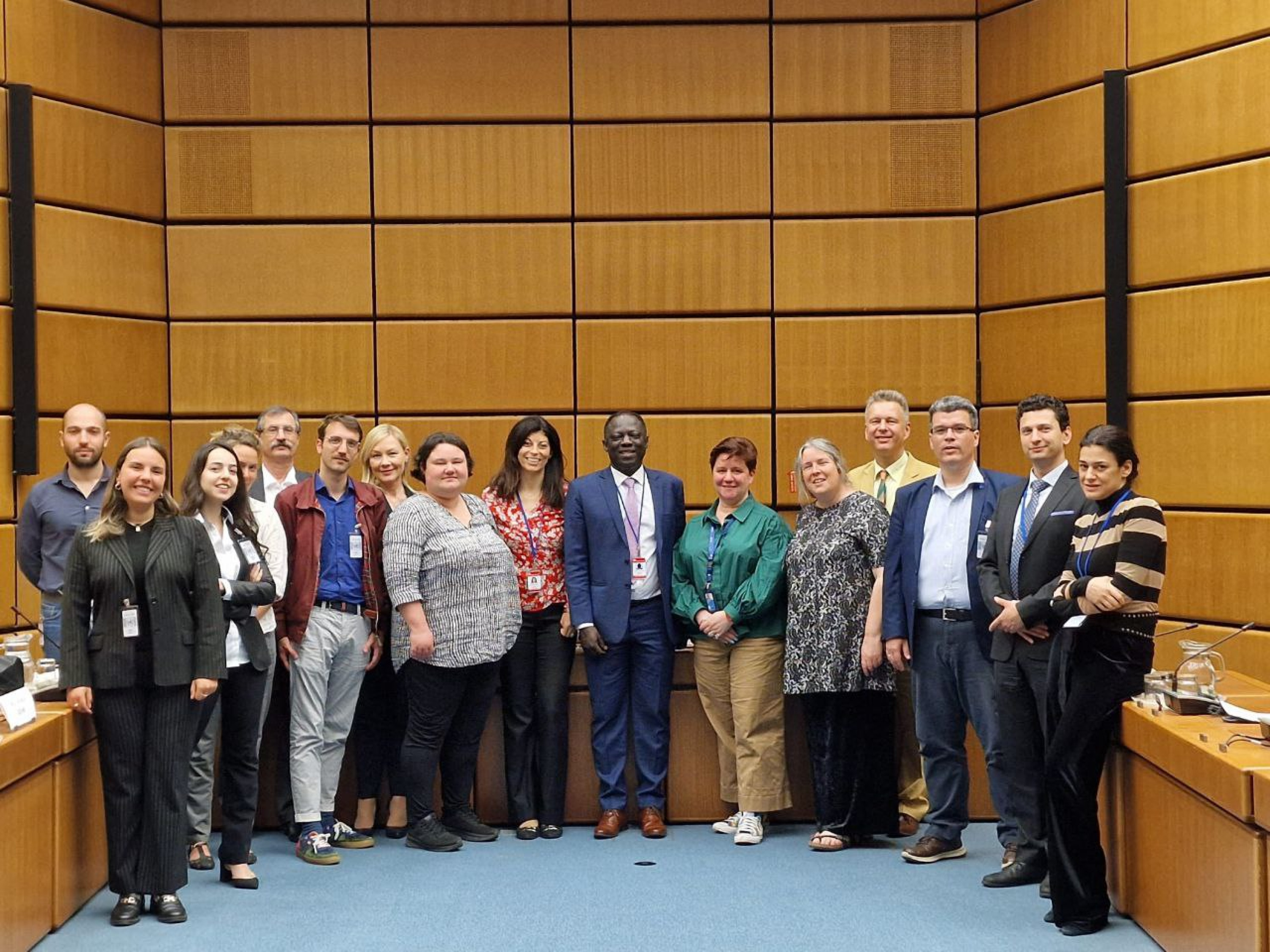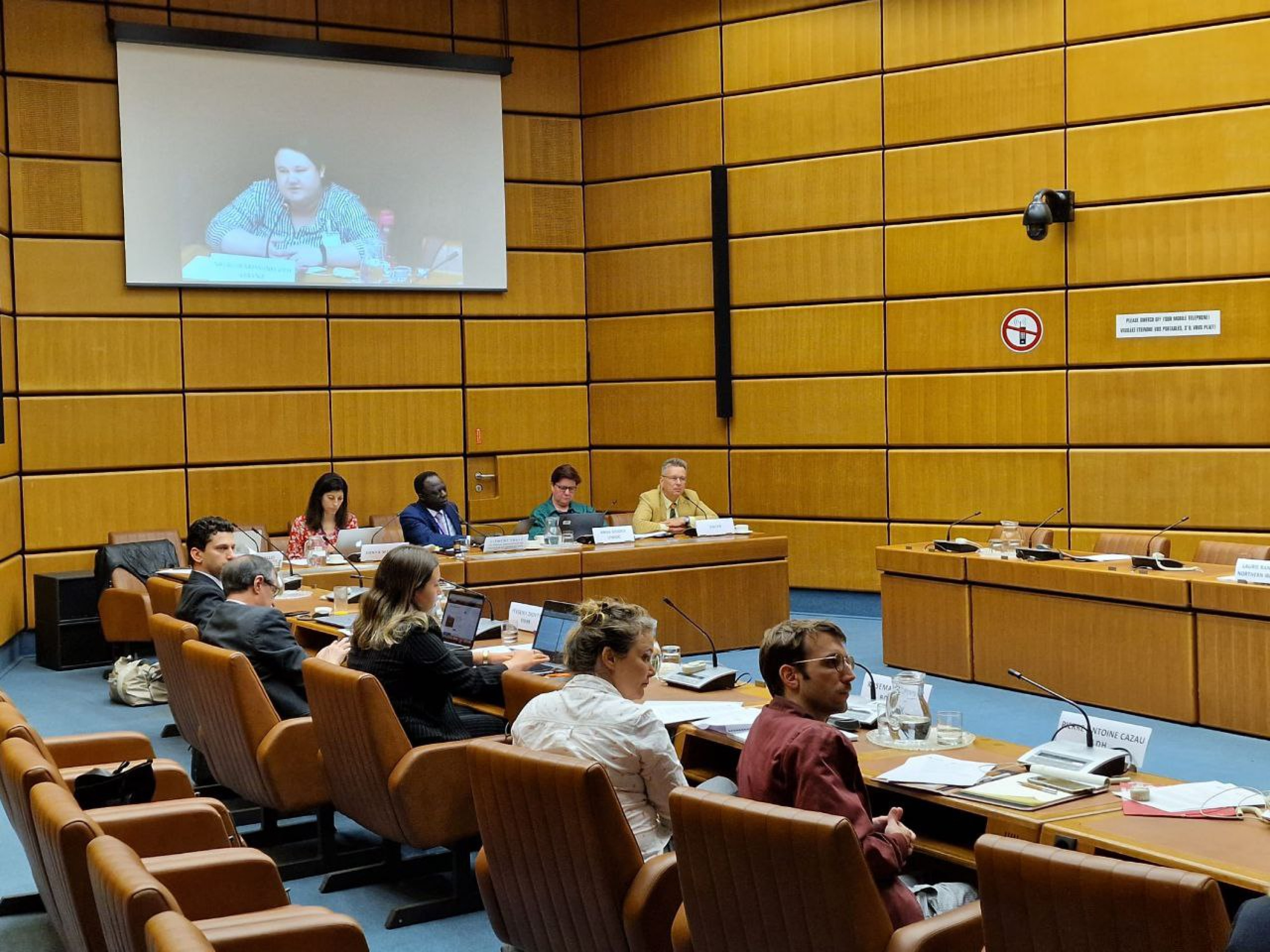No good practices to share from Belarus: Insights from Vienna consultation
On May 29, 2023, a regional consultation with the United Nations Special Rapporteur on the rights to freedom of peaceful assembly and association took place in Vienna. Among the invited experts was Natallia Satsunkevich, a Belarusian human rights center Viasna representative.

- Photo: Office of SRon the Rights to Freedom of Peaceful Assembly and of Association
Background
At its 50th session in July 2022, the Human Rights Council adopted Resolution 50/21. This mandate authorized the UN Special Rapporteur to develop specific technical and practical tools based on international standards and advanced experiences. The objective was to assist law enforcement officials in promoting and protecting human rights in the context of peaceful protests. The Special Rapporteur highlighted that peaceful protest is often perceived as a crisis or destabilizing factor rather than a right in many countries worldwide. This perception leads to a militarized response to protest actions and excessive use of force by law enforcement, resulting in severe human rights violations.
Vienna Consultation
The Vienna consultation was the second of its kind; the first was held in Chile in April 2023, focusing on the experiences of Latin American countries.
In Vienna, representatives from NGOs of Serbia, Armenia, Northern Ireland, the UK, Kazakhstan, Georgia, and France participated. They discussed the issues faced by law enforcement in facilitating peaceful protests.
“At the meeting, we discussed how a political regime affects police attitudes toward peaceful protests. The role of national legislation, which should align with international standards and be implemented accordingly, was emphasized,” says Natallia Satsunkevich. The experts attempted to identify specific police actions that could de-escalate aggression among protestors and identify those who employ violence. Representatives of the OSCE's ODIHR also shared their experiences.
The UN Special Rapporteur was interested in gathering good practices and examples of how authorities and law enforcement agencies promote and protect peaceful assemblies.
However, Natallia Satsunkevich lamented that Belarus had no commendable practices to share from the past three years. Instead, she provided examples of what not to do and how to resist poor practices,
such as the frequent use of plastic cable ties by the police to detain protestors, a practice that causes pain and harm. “If it is necessary to immobilize a person's hands, there are handcuffs for that,” says Satsunkevich.
Aftermath of Peaceful Protests
Satsunkevich was invited to the Vienna consultation as a Viasna representative because the human rights center also monitors peaceful assemblies.

- Natallia Satsunkevich delivers a speech at the consultation in Vienna. Photo: Office of the Special Rapporteur on the Rights to Freedom of Peaceful Assembly and of Association
“We face many challenges, including in the field,” the human rights defender shared. “Our last field observation was on August 9, 2020. After that, we shifted our monitoring to online due to safety threats. The United Nations trusts our expertise and our evaluations.”
The Special Rapporteur was also interested in understanding the situation following peaceful protests, the review, and the lessons learned.
Natallia Satsunkevich explained the importance of post-meeting discussions, especially if there were issues during the assembly. This is why the reports by human rights observers are crucial. In the past, Viasna has endeavored to publish observation reports within 24 hours after the peaceful assembly and send recommendations to relevant authorities. Despite the lack of support from the Belarusian authorities, such dialogue was continually initiated.
Of all the countries represented at the consultation — Serbia, Armenia, Northern Ireland, the UK, Kazakhstan, Georgia, France — Belarus remains the only one where public protest is virtually impossible, stressed Natallia Satsunkevich.

















